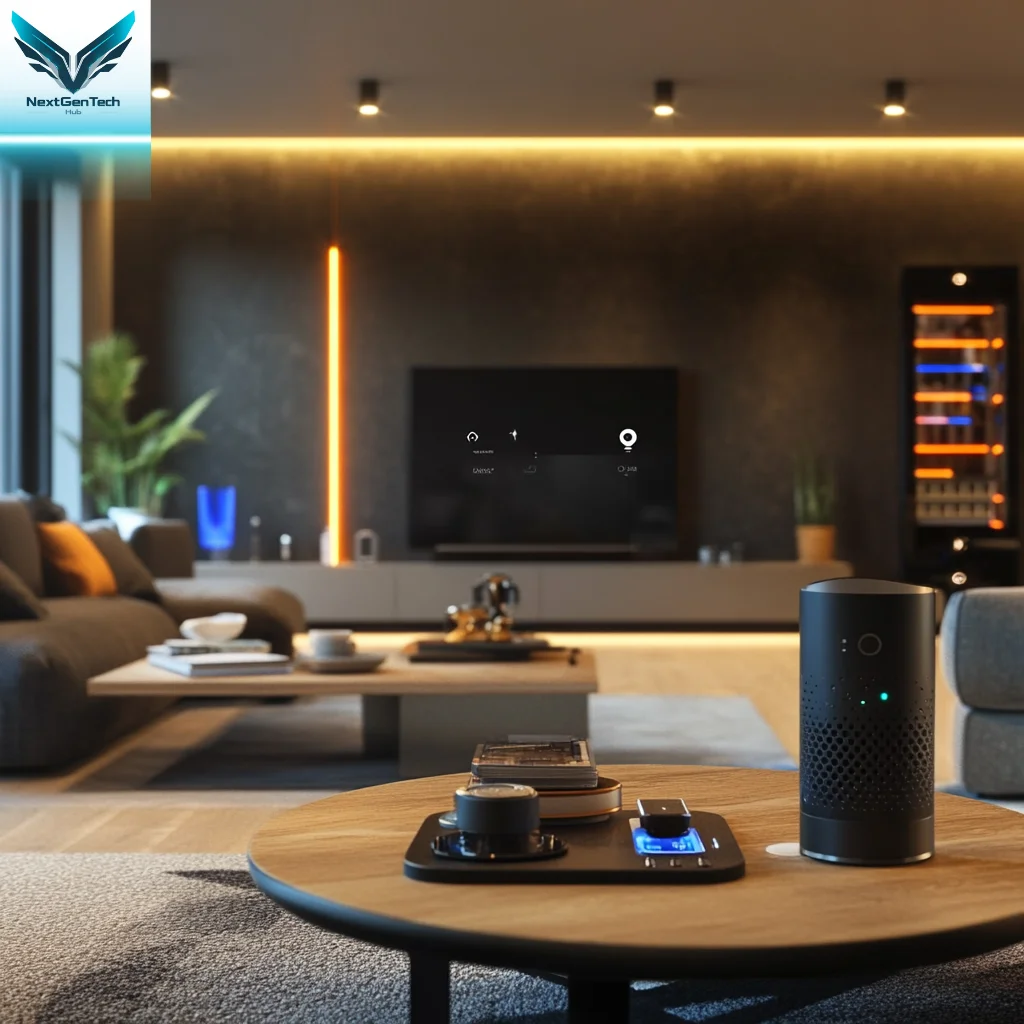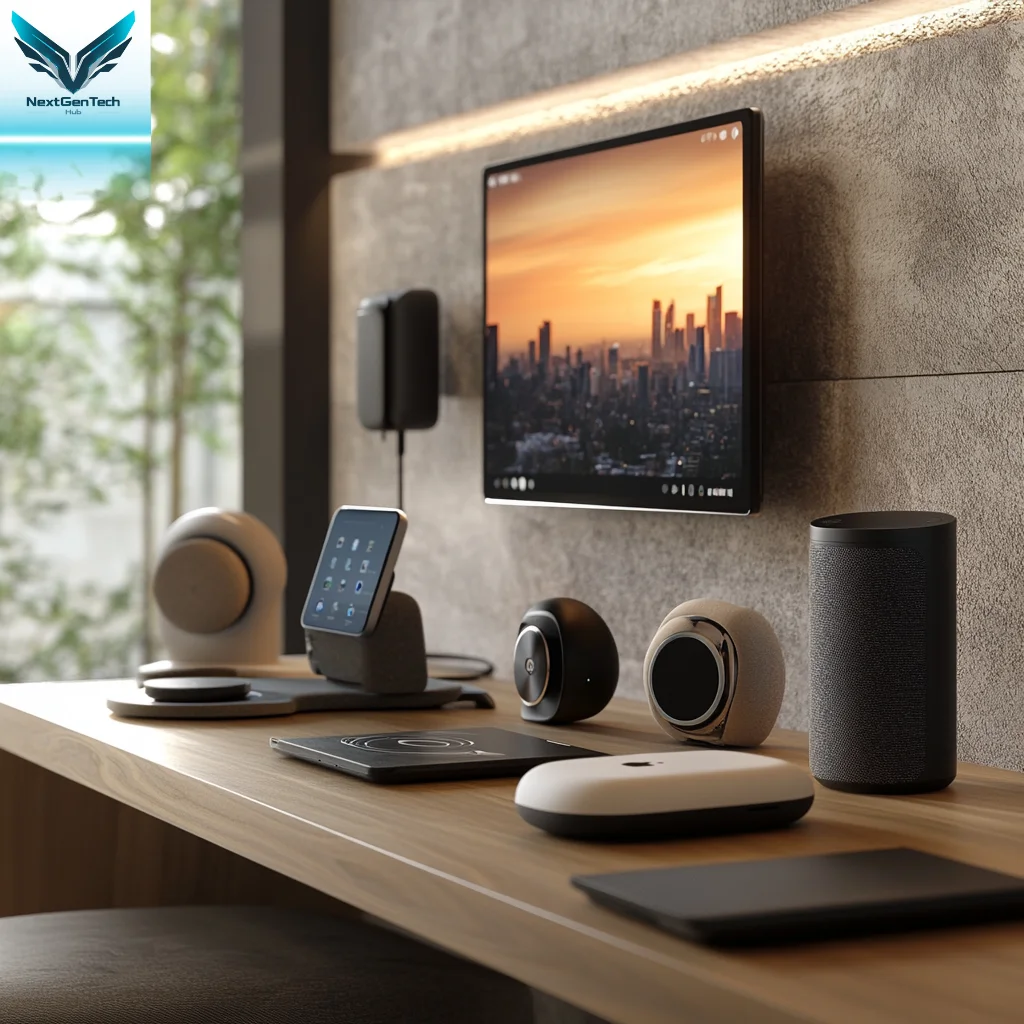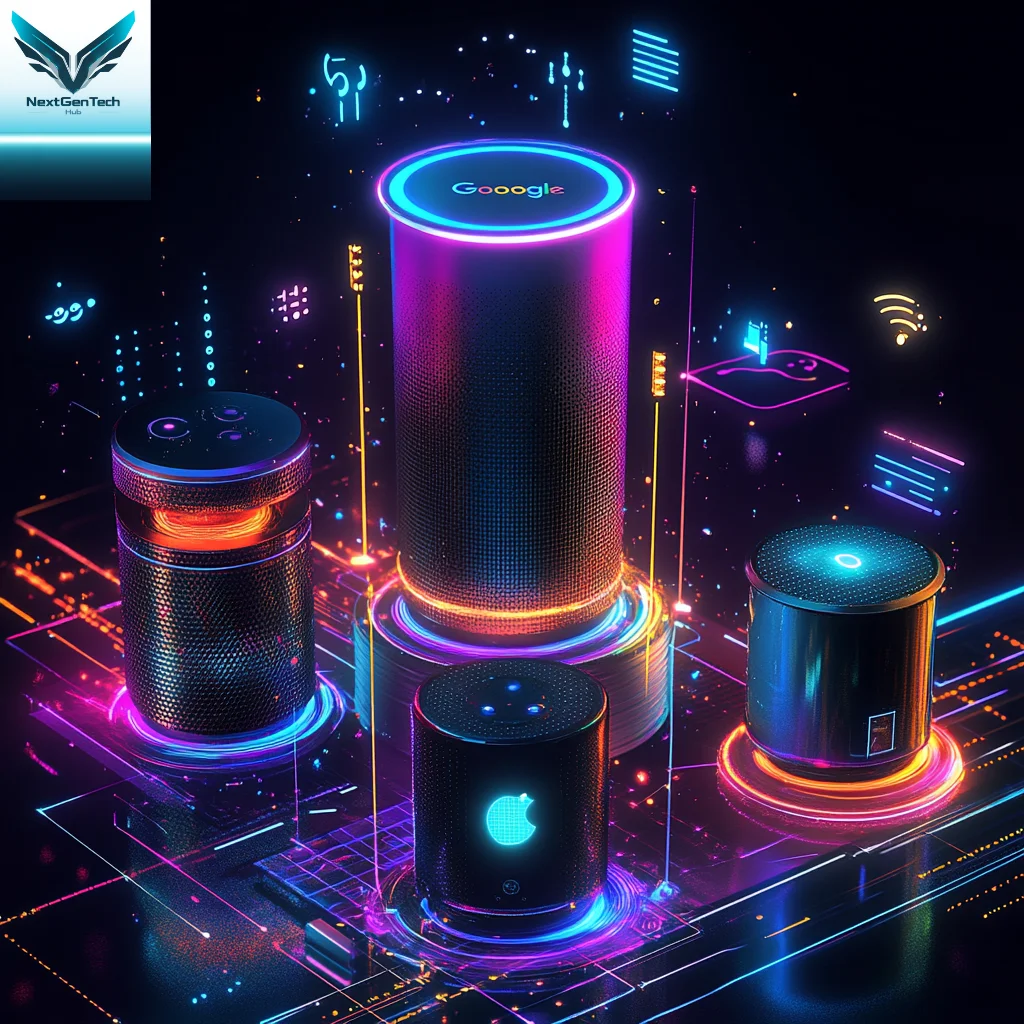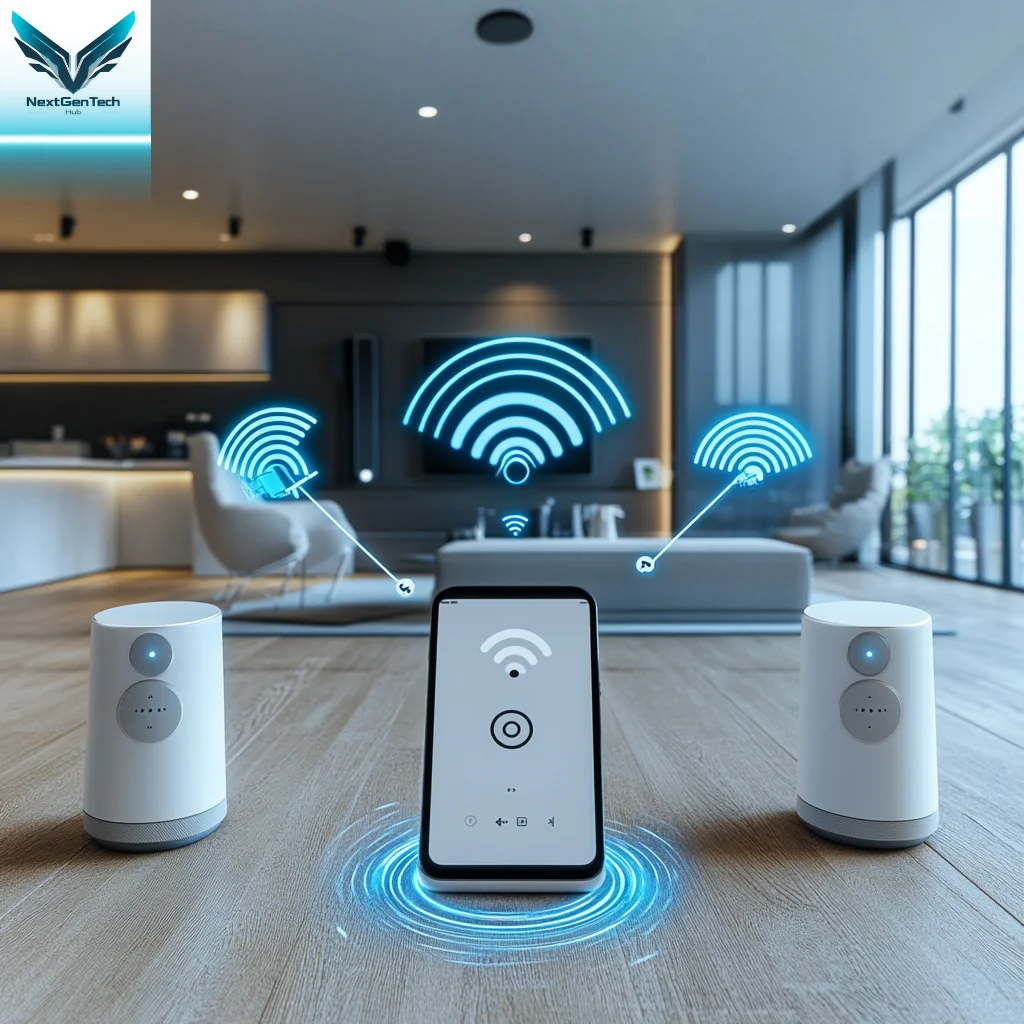
Introduction
In the digital age, virtual assistants (VAs) have emerged as essential tools for streamlining tasks, enhancing productivity, and simplifying our lives. With numerous options available, from Google Assistant to Apple’s Siri, Amazon’s Alexa, and Microsoft’s Cortana, the question arises: which virtual assistant is the most efficient? This article dives deep into comparing the leading virtual assistants based on key aspects such as functionality, user experience, and integration capabilities. We’ll also explore some real product options, their prices, and present a comparison table to help you make an informed decision.
Understanding Virtual Assistants

Virtual assistants are AI-powered software applications designed to perform tasks or services based on user commands or requests. These tasks can range from setting reminders, sending texts, controlling smart home devices, to providing answers from the web, and much more. The efficiency of a virtual assistant is determined by how well it can understand and execute these tasks quickly and accurately.
Criteria for Efficiency
To determine which virtual assistant is the most efficient, we’ll consider the following criteria:
- Accuracy of Voice Recognition: How well does the assistant understand and interpret commands?
- Speed of Response: How quickly does the assistant respond to queries?
- Task Execution: Can it perform complex tasks without errors?
- Integration with Other Devices: How seamlessly does it connect with smart home devices, apps, and other technologies?
- User Experience: Is the interface user-friendly? Does it offer a personalized experience?
- Language Support: Does it support multiple languages and regional dialects?
- Privacy and Security: How does the assistant protect user data?
Comparison of Leading Virtual Assistant

Below is a detailed comparison of the most popular virtual assistants:
| Feature | Google Assistant | Amazon Alexa | Apple Siri | Microsoft Cortana |
|---|---|---|---|---|
| Accuracy of Voice Recognition | Highly accurate, even in noisy environments | Very accurate, excels in smart home commands | Accurate, but sometimes struggles with accents | Good, but less accurate in non-Microsoft contexts |
| Speed of Response | Fast, almost instantaneous | Slight delay, but generally fast | Fast, but occasional lags | Decent speed, but slower in third-party apps |
| Task Execution | Handles complex tasks with ease | Excellent for shopping and smart home control | Good for Apple ecosystem tasks, limited otherwise | Best within Microsoft ecosystem, limited elsewhere |
| Integration with Devices | Extensive, works with Android, smart homes, cars | Exceptional, especially with Echo devices | Best within Apple ecosystem, limited outside | Great with Windows devices, limited otherwise |
| User Experience | Highly intuitive, personalized responses | User-friendly, but not as intuitive | Smooth experience within Apple products | Straightforward, but not as polished |
| Language Support | Supports over 30 languages, including dialects | Supports 15+ languages | Supports 21 languages | Supports 8 languages |
| Privacy and Security | Strong, transparent policies | Good, but concerns about data use for ads | High, with end-to-end encryption | Strong, but depends on Microsoft account settings |
Detailed Product Recommendations

- Google Nest Hub Max
- Price: $229
- Features: Integrates Google Assistant, provides a 10-inch display for visual responses, controls smart home devices, and offers video calling. Perfect for users deeply integrated into Google’s ecosystem.
- Amazon Echo Show 10 (3rd Gen)
- Price: $249.99
- Features: Equipped with Alexa, it has a 10.1-inch HD screen, a motorized base that follows you, and excellent integration with smart home devices and Amazon services.
- Apple HomePod Mini
- Price: $99
- Features: Powered by Siri, this compact smart speaker delivers impressive sound quality and seamlessly integrates with other Apple devices, making it ideal for Apple users.
- Microsoft Surface Headphones 2
- Price: $249.99
- Features: Integrates Cortana for voice control, noise-cancellation, and excellent sound quality, suitable for professionals working within the Microsoft ecosystem.
Which Virtual Assistant Is the Most Efficient?

After analyzing the efficiency based on the criteria above, Google Assistant emerges as the most efficient virtual assistant. It offers superior voice recognition accuracy, rapid response times, and robust integration with a wide range of devices and services. Amazon Alexa follows closely, particularly excelling in smart home control and shopping functionalities. Apple Siri provides a smooth experience within the Apple ecosystem but is limited outside of it. Microsoft Cortana is the least versatile, mainly excelling within Microsoft products.
Conclusion

Choosing the right virtual assistant depends on your specific needs and the ecosystem you’re already invested in. For overall efficiency and versatility, Google Assistant is the top choice. However, if your focus is on smart home control, Amazon Alexa might be more suitable. For those deeply embedded in the Apple or Microsoft ecosystems, Siri and Cortana are better options, respectively.
FAQs

- Can I use multiple virtual assistants simultaneously?
- Yes, you can use multiple virtual assistants on different devices, but they might not interact with each other seamlessly.
- Which virtual assistant is best for smart home integration?
- Amazon Alexa is highly regarded for its extensive compatibility with smart home devices.
- Are virtual assistants secure?
- Most virtual assistants offer strong privacy protections, but it’s essential to review and adjust privacy settings according to your comfort level.
- Can virtual assistants work offline?
- Most virtual assistants require an internet connection for full functionality, although some basic tasks may be available offline.
- Which virtual assistant supports the most languages?
- Google Assistant supports the most languages and regional dialects.
